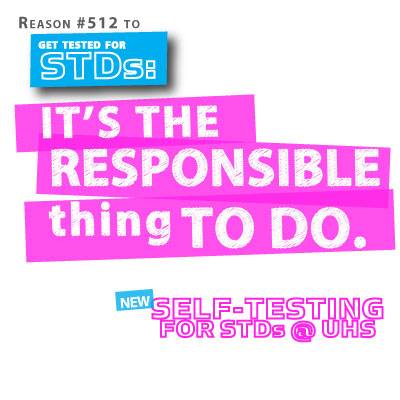For many people, the time between Thanksgiving and New Year’s is a joyous time, filled with friends, family and food. However, one must also consider some of the negatives that occur during the holiday season. Family issues, financial problems and personal issues can heighten during the holidays. For those suffering from mental health issues, that time of year is more isolating than one can imagine. Particularly, people who struggle with eating disorders may feel even more isolated and out of control during the holidays.

Because an estimated thirty million Americans struggle with eating disorders, the holiday season’s emphasis on food-focused events can lead to intense anxiety. Stress can arise from encountering certain types or quantities of food, gaining weight, or worrying about handling comments about appearance or what someone is eating. The holidays are also filled with parties, travel plans and group dinners that disrupt everyday routines, including typical meal plans that are essential for those in eating disorder recovery.
It’s important to recognize the challenges of individuals with various eating disorder diagnoses to understand why eating disorder recovery is hard to manage during the holidays.
Consider, for example, anorexia nervosa. People who suffer from anorexia severely restrict their food intake in order to maintain a low body weight. Many times they base their self-esteem on their weight and body size. When the holiday season rolls around and Thanksgiving calls for a five-course meal, a person with anorexia may become extremely preoccupied with gaining weight as a result of eating a holiday dinner, causing extreme distress.
Eating disorders and the holidays can pose different challenges for those who suffer from bulimia or binge eating. Because both of these mental disorders involve consuming excessive amounts of food, the holidays can be extremely triggering. Being faced with endless food options and large meals can trigger bingeing behavior. For those with bulimia, a large holiday plate can lead to the desire to purge.

The good news is that there are several ways to cope with an eating disorder during the holidays if you or a loved one is struggling.
1. Plan Ahead.
Develop a plan for holiday festivities, including how to handle any tough emotions that may arise. Identifying a support person can help reduce anxiety.
2. Stay centered on the meaning of the holidays.
Take your focus off of the food and think about what activities make the season special, like admiring lights, watching holiday movies and spending time with family and friends.
3. Be compassionate towards yourself.
Remember that you are dealing with a tough situation and that struggling does not mean you are failing. Negative thoughts about yourself, food and your body only make the situation more challenging and can lead to more negative behaviors and coping mechanisms. Forgive yourself if you make a mistake and try to avoid perfection.
4. Communicate boundaries.
Setting healthy boundaries with others is key to avoiding triggers and minimizing stress. For example, you may ask family members to avoid conversations on the topic of dieting or making comments about someone’s weight.

The holiday season can be tough if you have or are recovering from an eating disorder. If you’re looking to help a family member or friend, remember that they are dealing with symptoms of a serious health condition that makes it hard for them to engage in holiday celebrations. Being compassionate towards yourself and others goes a long way in helping to cope.
Be sure to tag us @VALLEYmag on Twitter with your thoughts!





